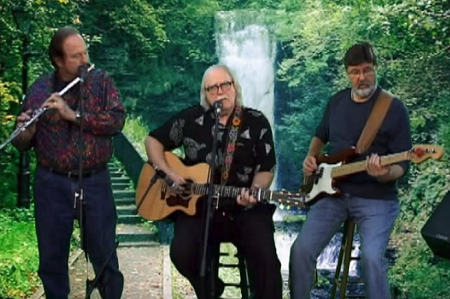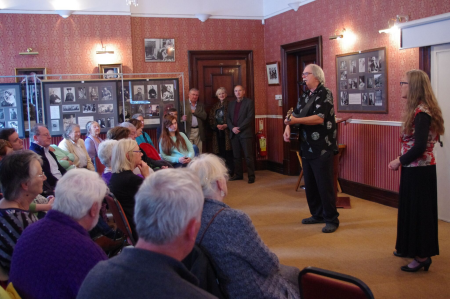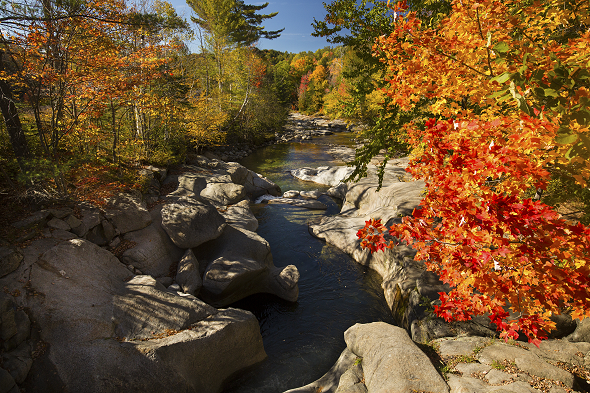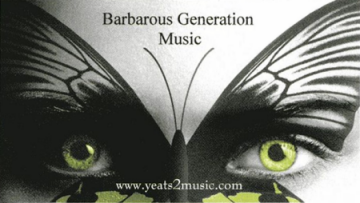Interviews
Douglas Lee Saum - Poetry of William Butler Yeats Set To Music
May 5, 2017
by Joshua (J.Smo) Smotherman
Middle Tennessee Music
In this interview spotlight, we chat with Douglas Lee Saum about the many styles of music he has infused with the lyrics and poems of Irish Nobel Laureate William Butler Yeats as well as his influences, his newest release and more.
Where are you from and what style of music do you create? (In your own words, not necessarily in marketing terms or by popular genre classifications.)
Though I have roots in Nebraska and Wyoming, I am currently residing in Reno, Nevada continuously since 1991. I have been engaged in an original music project since 1996 setting the lyric poems of Irish Nobel Laureate William Butler Yeats. To date I have released approximately 240 songs on 8 CD’s. I have presented Yeats’s words in a variety of musical styles including: folk, rock, blues, reggae, country, symphonic, electronic, Indian, jazz. My sound has been compared to Neil Young, the Waterboys, Beatles, and others. Over the years I have gathered a group of artists, singers, and musicians from Reno, Northern California, Australia, Ireland, etc. that has contributed to my recordings.
What led you down this path and what motivates you to stay the course?
I have had a long association with this poetry. In high school (1968) I was assigned to read a couple of Yeats’s poems and found myself returning to puzzle over the syntax of the first sentence in “The Lake Isle of Innisfree.” [“I will arise and go now, and go to Innisfree.”] It seemed to have a charm over me. I loved its uniqueness, I guess. In college I was mentored by a poet professor who helped us dig more deeply into Yeats, one of his personal favorites. I, under his tutelage, I completed my Master’s degree (1976) with a thesis on Yeats called “William Butler Yeats: A Dialectical Analysis.”
It wasn’t until 1996, that the songs began to flow. I had been touched by the muse and the songs came by the dozens. I knew I’d go broke taking them to the recording studio, so I became committed to learning how to do it myself. I got a computer, slowly learned how to become a digital recording engineer, though I had already been involved with my own 8-track analog studio when I lived in Wyoming. After I had a few dozen songs, I decided I would try to follow this project to its completion. After my next CD it will be done: 280 or so pieces on 9 CD collections presented faithfully (I don’t change the words) in both chronological and thematic organization. Over the years I’ve received encouragement from serious Yeats scholars, and people whose opinions I respect.
How is your new release different than previous ones? Did you set out to accomplish anything specific?
My first CD from 2001 was called “FIRST SONGS: LULLABIES FOR IRELAND.” This next and final CD in this series is titled “LAST SONGS: UPANISHADS FOR IRELAND.” While one might easily associate lullabies with Ireland, Upanishads (early Vedic holy songs of worhip for the Self-Oversoul) might not be apparent. This came about because Yeats had a life-long fascination with early poetry especially from Greece and India as it relates to what he called “The Church of Poetic Tradition.” This led him eventually to collaborations with Tagore and Purohit Swami (a translation of the Ten Principle Upanishads in to Yeats’s poetic syntax. I have intended to accomplish a faithful representation, not only of each individual poem/song, but also to present for the non-Yeats reader a set of accurate insights through the songs of Yeats’s work, life, AND philosophy. I agree with Martin Enwright (president of the Sligo Ireland Yeats Society) that Yeats is “the once and future poet.” In other words, I expect that Yeats’s philosophy will reemerge as other culturally underpinning philosophies dissolve.
Do you face any challenges as an indie musician in a digital age? On the flip side, how has technology helped you?
As I mentioned above my intitial challenge was becoming computer literate enough to then painstakingly become CUBASE (my recording software) literate. This is a continuing process. I don’t see how I could have done this project without the technology. This is a blessing and a curse for all of us who produce music. On the one hand it’s possible to do magnificent things with the music, it has also killed the rewards on the monetary side. Yet I do it because I want to, I have to, I need to share the Yeats material as widely as I can. It won’t be for everybody, but it may be important to those who need to see the magic of true poetry that addresses serious issues in a simple, beautiful, and artistic manner which celebrates our common humanity.
Where can we follow you online and hear more music?
My website is www.yeats2music.com. Here you can find a link to a video, and information about each CD release, etc.
If you like poetry, melody, Irish history, Ireland, world trends and history, Romanticism (in the early poems), spiritual life, Hermeticism, or magic this may be for you.
Thank you for your interest,
Toward a future green,
Doug Saum
Read and stream the full interview on Middle Tennessee Music's Website.





